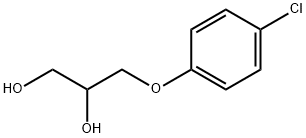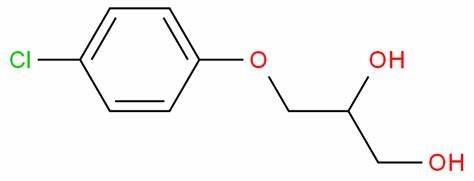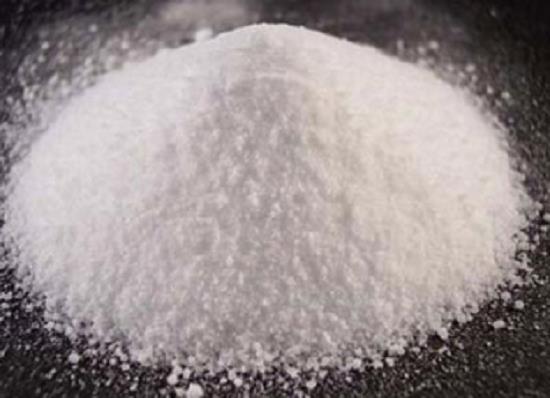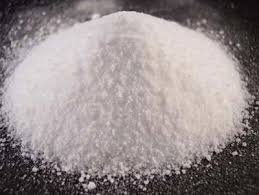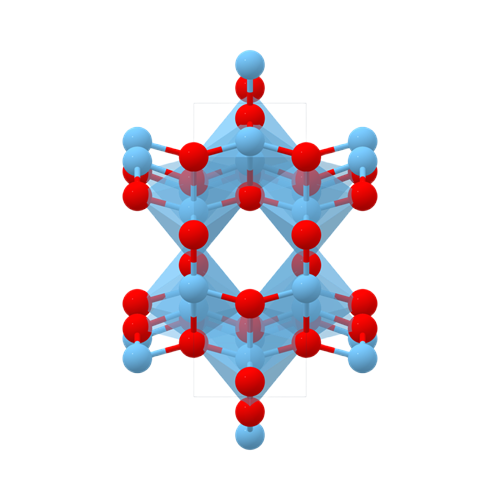What is Chlorphenesin used in cosmetics?
Introduction
Chlorphenesin (3-(4-chlorphenxy)- 1,2-propane-diol)is an antimicrobial agent with antifungal, antibacterial and anticandidal activity. It has been included in preparations to treat dermatophytosis of the feet for more than 60 years and is occasionally added to cosmetics as a biocide and preservative. Its carbamate ester is an approved skeletal muscle relaxant in certain countries for treating discomfort related to skeletal muscle trauma and inflammation. It is a rare cause of contact allergy.
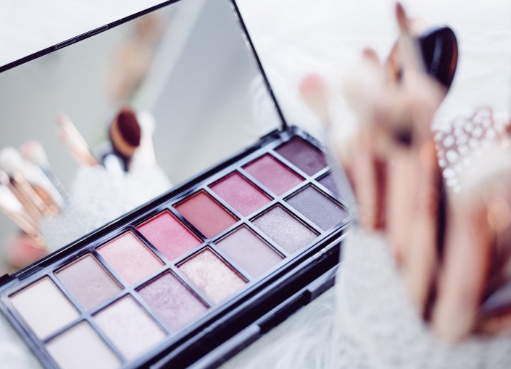
A major urinary metabolite is 4-chlorophenoxy acetic acid (4-CPA), also known as para-chlorophenoxyacetate (pCPA), which is also employed as a target analyte in sports drug testing to detect the use of the prohibited nootropic stimulant meclofenoxate.
Uses
Chlorphenesin is an ingredient frequently used in cosmetic and skincare products. It can be found in products such as sunscreens and toners. It is an antimicrobial agent used mainly to prevent bacteria and microorganisms from developing in these products. Another benefit of Chlorphenesin is that it helps control the development of microorganisms on the skin. It is indeed essential to avoid the development of microorganisms in skincare products so that these products can be safe. All the more if this product is used on sensitive, intolerant or allergic skin or if the skin is prone to eczema, psoriasis, dermatitis, dyshidrosis or other dermatological conditions. In specific
Skincare: It is an excellent preservative that helps skin care products to last longer and thus have better quality. The addition of this ingredient also eliminates bad odour from the product.
Hair care is also added to hair care products because of its antimicrobial properties. It saves the products from negative side effects due to contact with oxygen and prevents the growth of bacteria and molds.
Safety
Despite its popular demand within the cosmetic industry, research has found it can cause dermatitis, particularly eczema, in those with sensitive, dry skin. It has a high irritancy rate for those allergic to preservatives. Research has also shown that Chlorphenesin can depress the central nervous system and cause respiratory problems such as short or shallow breath in infants. This ingredient has previously been used in nipple creams, a product ingested by infants when breastfeeding.
Chlorphenesin is safe for skin and hair when used within the prescribed percentages. In rinse-off and leave-on products, chlorphenesin should not be used in more than 0.3% concentration - it can be harmful otherwise. It can have negative side effects, such as irritation and allergic reactions on certain skin types. A patch test before full application is highly recommended.
You may like
Related articles And Qustion
See also
Lastest Price from Chlorphenesin manufacturers

US $0.00-0.00/kg2025-07-23
- CAS:
- 104-29-0
- Min. Order:
- 1kg
- Purity:
- 99%min
- Supply Ability:
- 1000kg

US $6.00/kg2025-04-21
- CAS:
- 104-29-0
- Min. Order:
- 1kg
- Purity:
- 0.99
- Supply Ability:
- 1000
